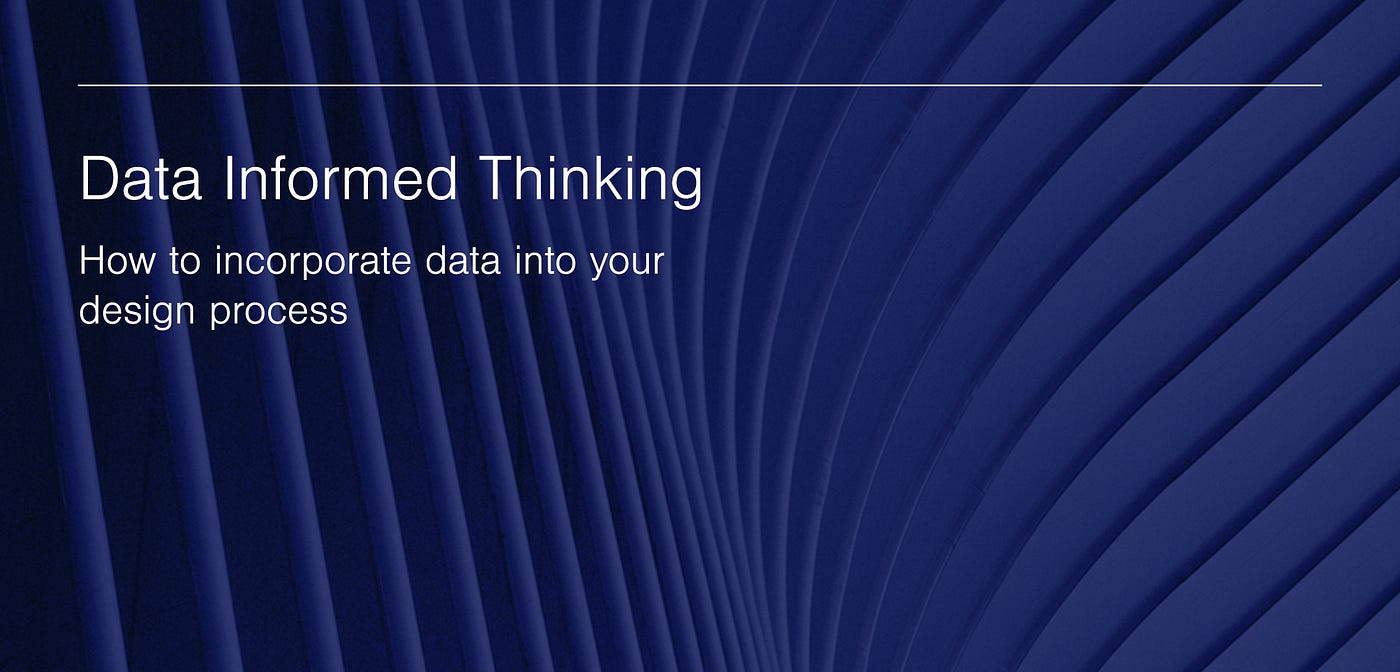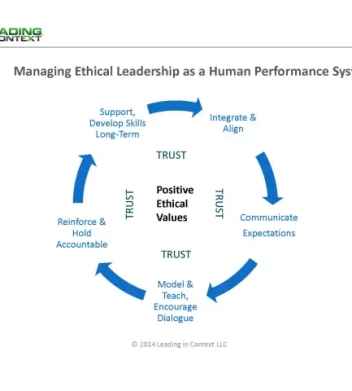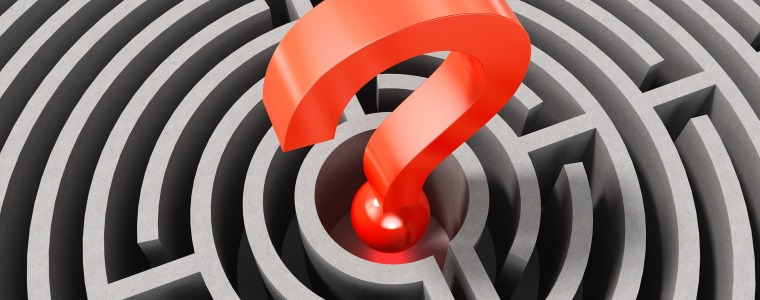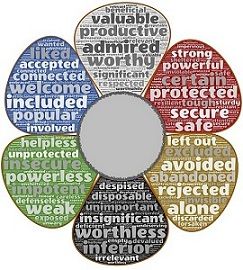Ethics refers to the principles that guide our behavior and decision-making. It is about examining and evaluating the morality of our actions and considering how they will impact others. When we use ethics in our thinking, we are actively considering the moral implications of our choices and making decisions based on what we believe to be right or wrong.
There are many different ethical frameworks that people may use to guide their thinking and decision-making. These frameworks can be based on personal values, cultural norms, or universal principles. Some common ethical frameworks include utilitarianism, which holds that the greatest good for the greatest number of people should be the primary consideration; deontology, which emphasizes the importance of following rules and fulfilling moral duties; and consequentialism, which focuses on the consequences of an action.
Using ethics in our thinking requires us to be introspective and considerate of others. It means being willing to ask ourselves tough questions about our motivations and the potential impact of our actions on others. It also requires us to be open to hearing and considering the perspectives of others, even when they differ from our own.
There are many situations where using ethics in our thinking can be particularly important. For example, in a professional setting, ethics can help guide our behavior and decision-making to ensure that we are acting in the best interests of our clients, customers, or patients. In our personal lives, ethics can help us navigate complex social situations and make choices that align with our values and principles.
Using ethics in our thinking can also help us to be more empathetic and understanding of others. By considering the potential impact of our actions on others, we can gain a greater appreciation for their experiences and perspectives. This can foster stronger, more meaningful relationships and a greater sense of community and connection.
Overall, using ethics in our thinking is an essential aspect of being a responsible and moral individual. It helps us to make choices that are fair, just, and considerate of the well-being of others. By actively incorporating ethics into our decision-making, we can make a positive impact on the world around us and live more fulfilling and meaningful lives.








